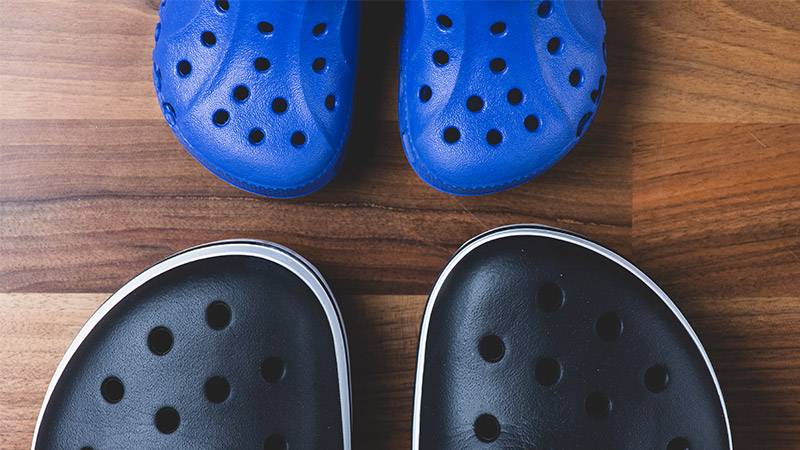Crocs, a renowned shoemaker, is making a significant move towards environmental sustainability by launching a program to recycle old shoes. This initiative, unveiled in October, aims to address the enormous waste in the footwear industry, where an estimated 22 billion pairs of shoes are discarded each year. In tandem, the same number is produced annually, contributing significantly to global greenhouse gas emissions, with the fashion and apparel sector accounting for about 8% of these emissions.
This recycling program, which Crocs introduced in 10 U.S. states, represents a significant step in the company’s commitment to sustainability. Crocs had announced a series of ecological goals in 2021, including a target to achieve net-zero emissions by 2040, a decade later than its original plan. This adjustment came as the company witnessed a substantial increase in emissions between 2021 and 2022. Deanna Bratter, the Vice President and Global Head of Sustainability at Crocs, emphasizes the importance of circular design and production principles in achieving these sustainability goals.
The program focuses on three key areas to enhance sustainability: extending product lifespan through design changes, planning for future recyclability, and sourcing renewable materials. By taking back used shoes, Crocs aims to explore innovative ways to reuse materials and avoid adding to landfill waste. Shoes in any condition are accepted; those lightly used are donated to Soles4Souls, a nonprofit aiding entrepreneurs in secondhand apparel businesses, while others are returned to Crocs for material experimentation.
The states chosen for this initiative—Colorado, Georgia, Illinois, Michigan, Massachusetts, Minnesota, Ohio, Pennsylvania, Virginia, and Wisconsin—reflect a diverse range of attitudes towards climate change. Approximately 50 retail locations in these states have been equipped with collection bins, simplifying the process for consumers to participate.
Crocs will accept shoes in any condition. “Gently used” ones will be donated to Soles4Souls, a nonprofit that works with entrepreneurs building secondhand apparel businesses. Those that are “well-loved” or “unwearable” will head back to Crocs, where product designers will experiment with ways to reuse the materials.
One of the challenges Crocs faces is understanding the dynamics of shoe returns, including the type of shoes returned, their condition, and the motivations of consumers. The program’s goal is to expand nationally, leveraging the U.S. as a starting point due to logistical advantages in transporting shoes for processing.
A key component of Crocs’ products is Croslite, a proprietary resin constituting over 81% of their clogs and derived predominantly from fossil fuels. According to GreenBiz, this material is the largest single source of emissions for Crocs, accounting for 35-40% of their total emissions. Crocs is committed to shifting towards bio-based options for Croslite, targeting 50% by 2030, with tall oil and used cooking oil as primary alternatives. In 2022, only a small fraction of Croslite was derived from non-fossil sources, but the company is on track to increase this percentage.
The footwear industry, as a whole, is under increasing pressure to reduce waste and emissions. While Crocs’ circular economy strategy is in its early stages, the company’s focus on recycling and reusing materials is a positive step. However, experts like Paul Foulkes-Arellano, founder of Circuthon Consulting, note the challenges in scaling such takeback programs and point out that the footwear industry lags behind textiles in environmental understanding. Crocs’ advantage lies in the composition of Croslite, which, being predominantly a single material, facilitates recycling once extraneous components are removed. Despite the challenges, Crocs’ initiative marks a notable effort in the industry’s journey towards greater sustainability.
More inspiring green news similar to this:


